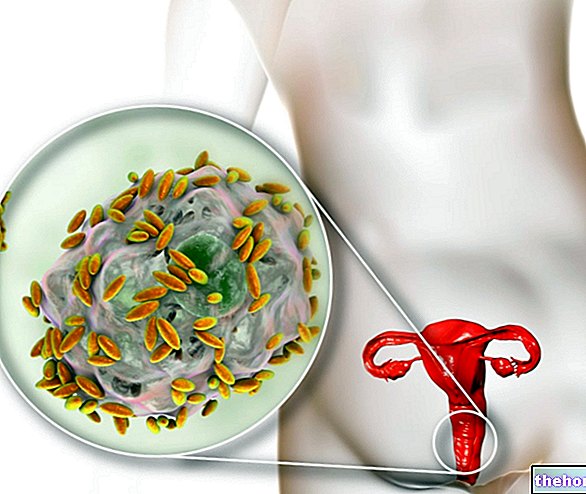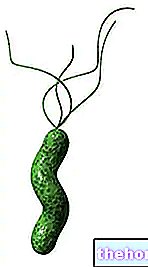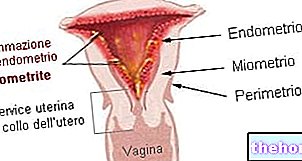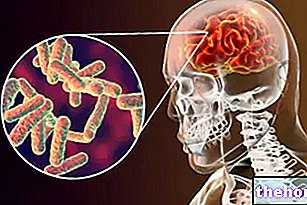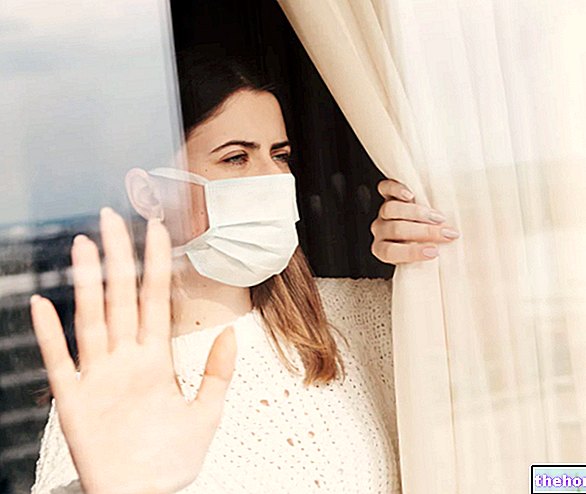France and Germany also took similar decisions.
The following content dates from before AstraZeneca was temporarily discontinued, which explains why it is referred to as a vaccine in use.
For any changes we await news on the topic.

The creation and distribution of the COVID-19 vaccine prompted numerous debates right from the start.
Undoubtedly, the topics of greatest interest have been and continue to be efficacy (ie does the COVID-19 vaccine work?) And safety (ie does the COVID-19 vaccine have adverse effects and with what probability?).
The intent of this article is to delve into the field of safety, analyzing some very important aspects, such as: allergens present in vaccine preparations currently available, substances that can cause allergic reactions and indications for use for people with known allergies .
The information in the next chapters comes from an authoritative source such as the AIFA (Italian Medicines Agency) website.
However, it should not be forgotten that COVID-19 vaccines are recently developed pharmacological preparations, therefore some data may undergo some variations over time.
For further information: New Coronavirus Vaccine: Approval and Vaccination Plan (they contain SARS-CoV-2 mRNA sequences capable of stimulating the immune response necessary to protect against the virus); AstraZeneca, on the other hand, is a viral vector vaccine (it uses a virus rendered harmless to carry the SARS-CoV-2 RNA sequence into the vaccinated person capable of stimulating the production of antibodies necessary for immunization from the virus).
